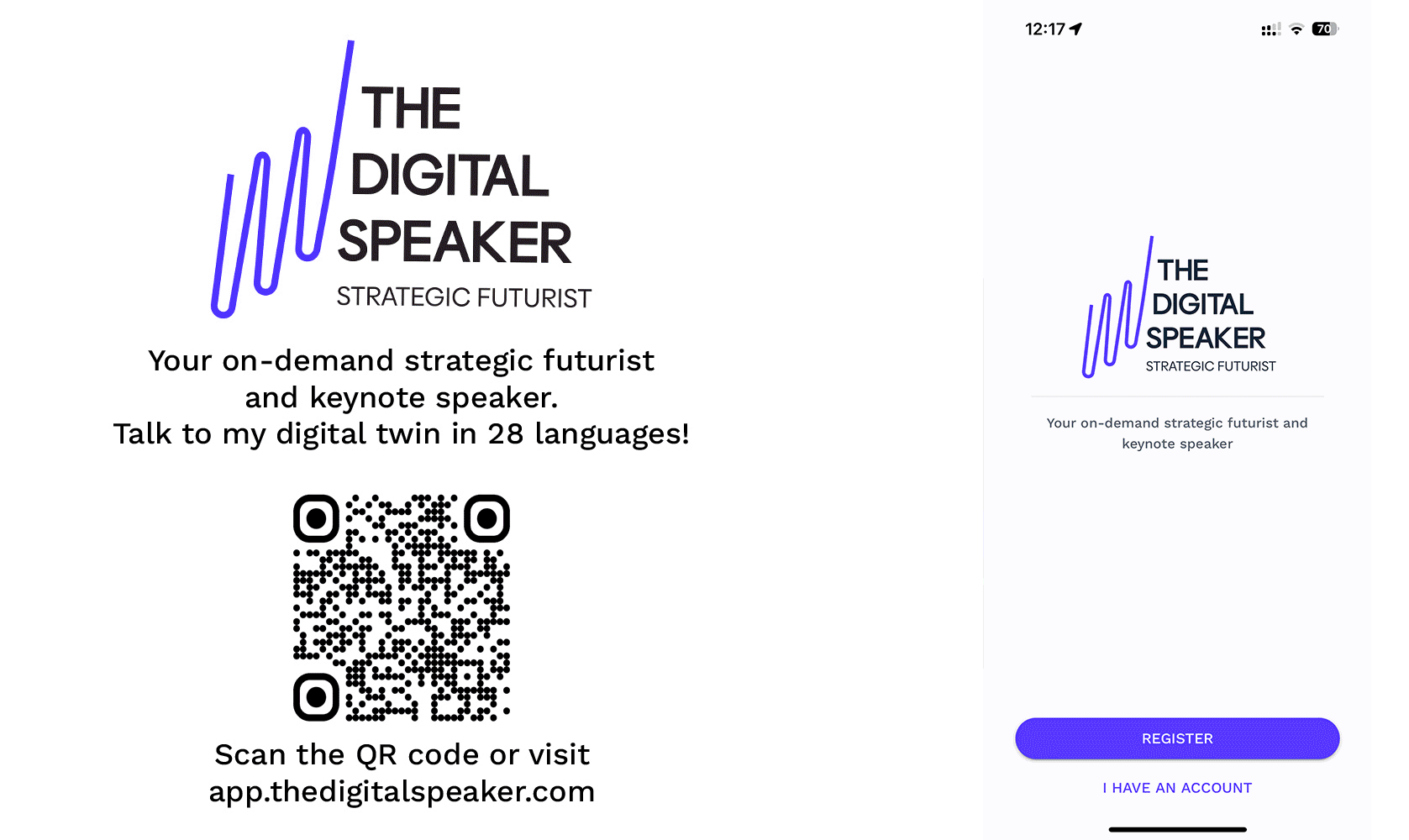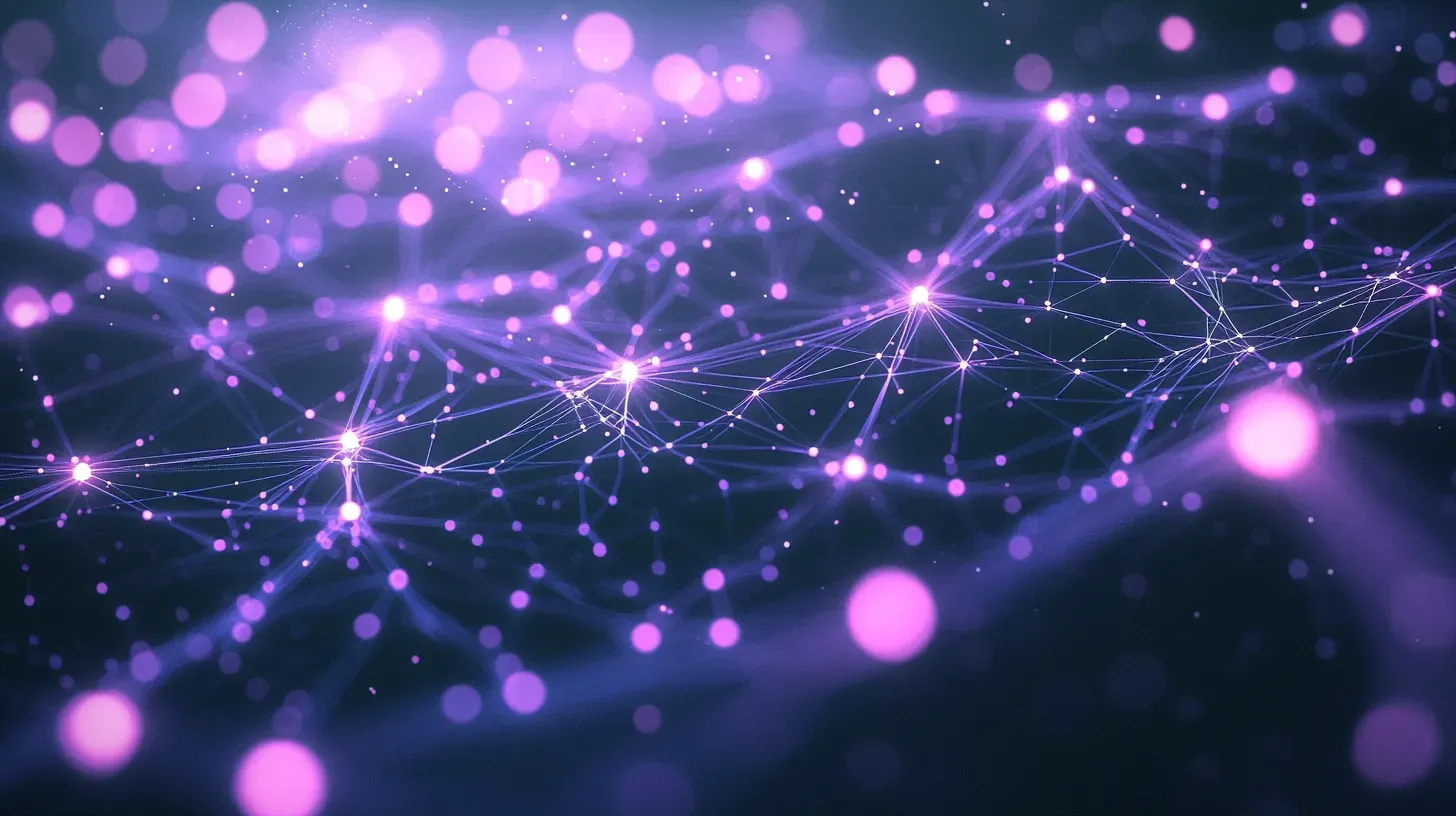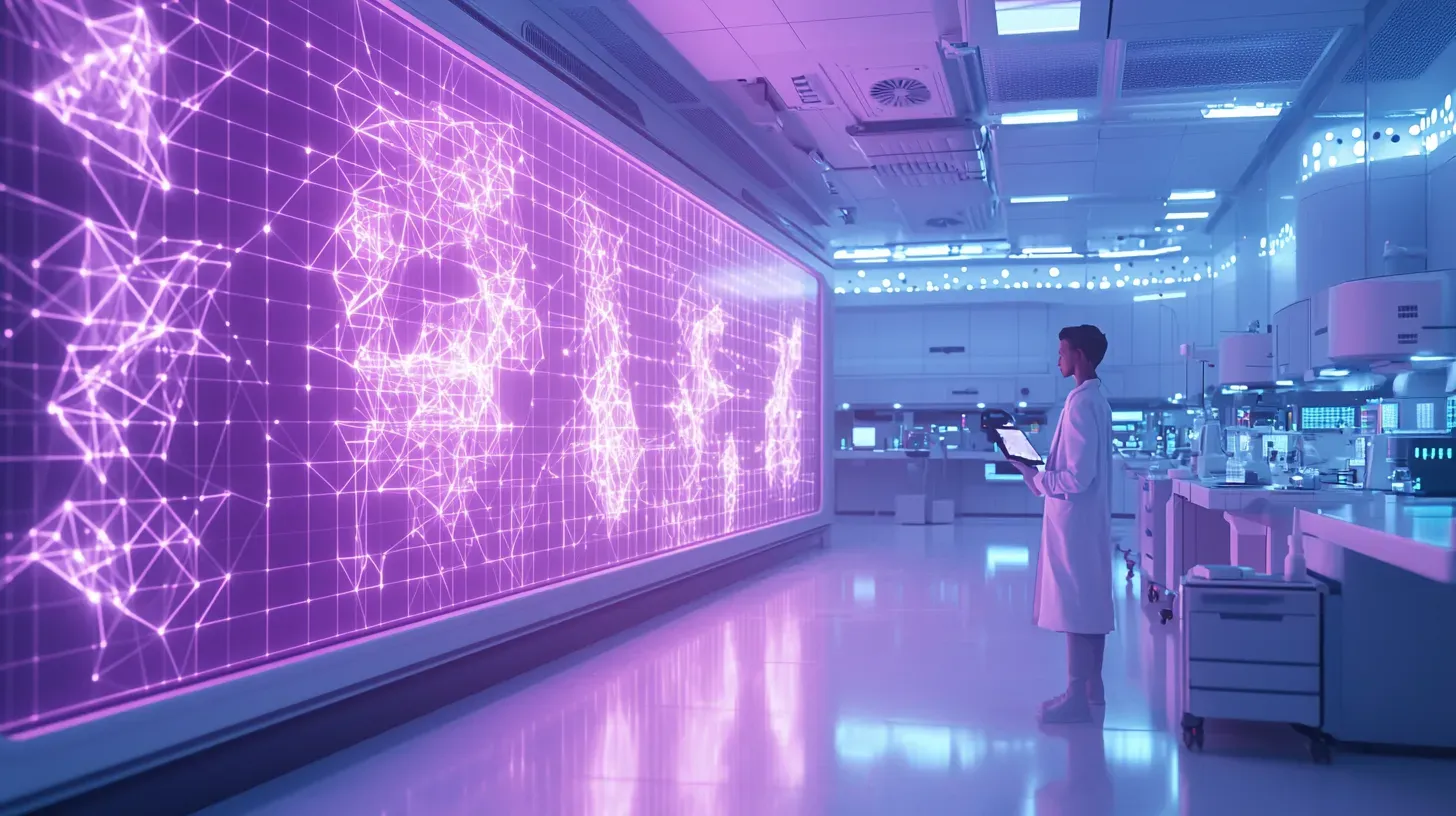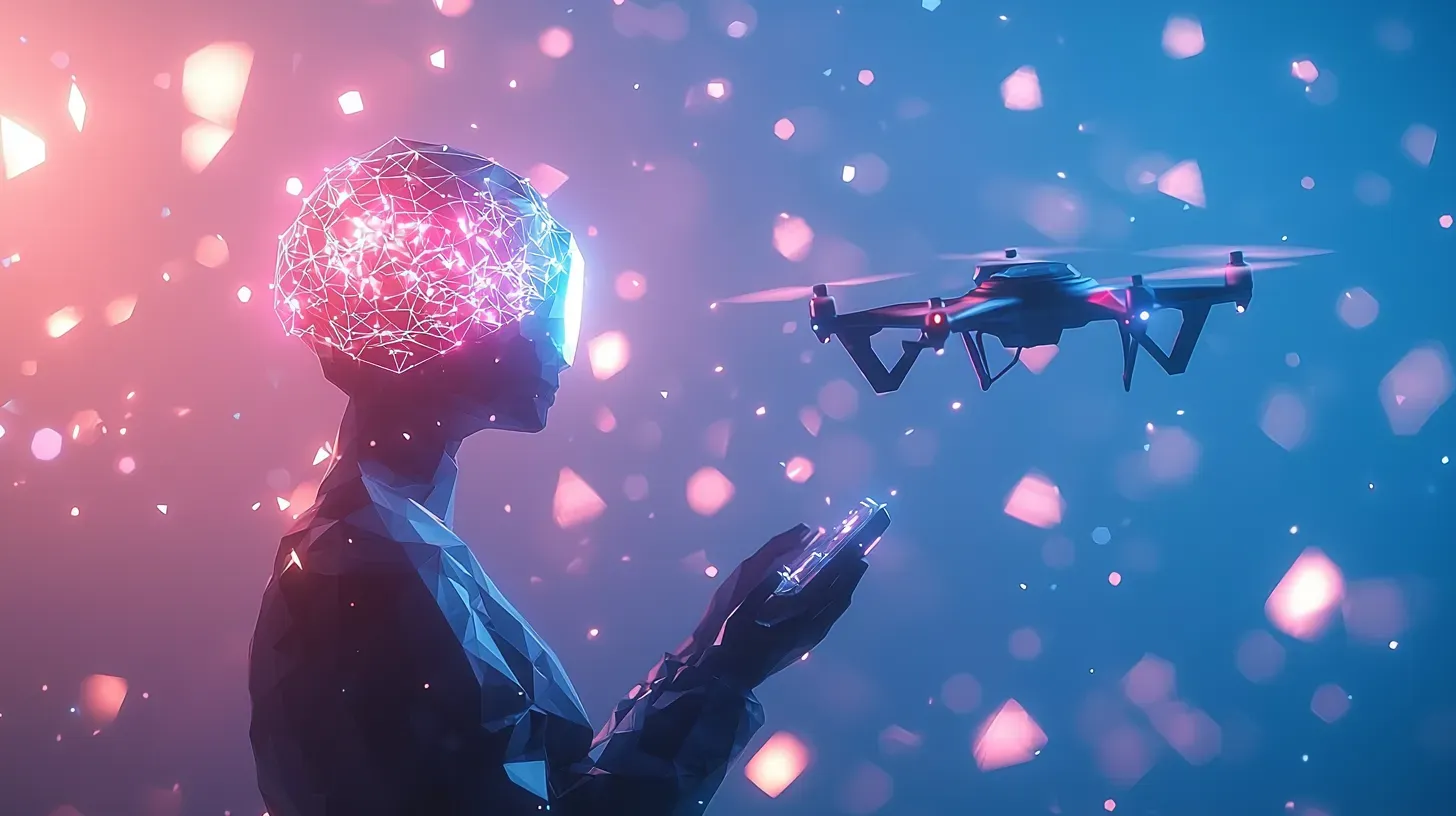Brainpower Boost or AI Overreach? Navigating AI's New Frontier

As AI strides into a new era, the buzz is all about NeuroAI — merging brain science with artificial intelligence. But is this fusion fruitful or just a fanciful foray?
The intricate dance between AI and neuroscience has accelerated, drawing insights from each domain to propel the other forward. At the heart of the debate are contrasting views from leading minds at the COSYNE conference. While some see a promising pathway where AI can glean profound insights from neuroscience, skeptics argue we've strayed too far from these biological roots, focusing more on engineering marvels than understanding intelligence.
Despite differing opinions, the convergence between these fields has historically catalyzed significant advancements, suggesting a rich potential for future intersections that could redefine both domains.
AI development, traditionally inspired by neural systems, has evolved into complex structures like transformers, distancing itself from direct neurological analogs. Yet, certain voices within the field, like Anthony Zador and Blaise Aguera y Arcas, advocate for a renewed dialogue between AI researchers and neuroscientists. They argue that neuroscience might still hold keys to the next breakthroughs in AI, potentially offering solutions to current limitations by unraveling the brain's computational principles.
NeuroAI Initiatives: A New Frontier for Collaboration
Recent efforts labeled as 'NeuroAI' aim to reinvigorate the synergy between AI and neuroscience, fostering a collaborative environment that transcends traditional academic boundaries.
Initiatives like Neuromatch's NeuroAI course and the Cold Spring Harbor NeuroAI program are crafting platforms for interdisciplinary dialogue, emphasizing common principles and shared challenges. Such collaborations not only enhance our understanding of artificial and natural intelligence systems but also promote a holistic approach to tackling complex problems, marrying the precision of AI with the nuanced understanding of brain function.
Academic institutions and conferences play pivotal roles in this collaboration, serving as crucibles for innovation and exchange. For instance, Princeton University's NeuroAI and Intelligent Systems program and UCL NeuroAI at University College London exemplify academic commitments to bridging these fields, cultivating a generation of researchers well-versed in both domains.
Implications for Business and Society
The evolving partnership between AI and neuroscience holds profound implications for business and society. Understanding the brain's mechanisms can inform more intuitive, efficient AI systems, potentially transforming technology's role in various sectors. For businesses, this convergence promises advancements in AI applications, from data analysis to customer engagement, fostering more humane, insightful technological solutions.
On a societal level, the fusion of AI and neuroscience could enhance educational tools, healthcare diagnostics, and even influence ethical considerations in AI deployment. As we decipher the brain's intricacies, we might also uncover more sustainable, equitable ways to integrate AI into our lives, ensuring technology augments human experience while respecting our cognitive and cultural diversity.
The dialogue between AI and neuroscience is not merely academic; it's a beacon for future innovation, urging us to consider how technology can serve humanity more empathetically and effectively. As we stand on this precipice, we must ask ourselves how we can leverage these insights responsibly, ensuring that AI development remains aligned with our core human values and societal needs.
As the NeuroAI domain burgeons, its narrative is more than a technical evolution—it's a quest infused with philosophical inquiry. It challenges us to contemplate the essence of intelligence, both biological and artificial, urging a future where collaboration between these realms isn't just possible but paramount. In this intriguing juncture, the global scientific community stands at a crossroads: Will NeuroAI be the bridge that finally connects the human mind with artificial intellect, or will it remain a captivating hypothesis, rich in potential yet elusive in practice?
Read the full article on Nature.
----
💡 If you enjoyed this content, be sure to download my new app for a unique experience beyond your traditional newsletter.
This is one of many short posts I share daily on my app, and you can have real-time insights, recommendations and conversations with my digital twin via text, audio or video in 28 languages! Go to my PWA at app.thedigitalspeaker.com and sign up to take our connection to the next level! 🚀

If you are interested in hiring me as your futurist and innovation speaker, feel free to complete the below form.
Thanks for your inquiry
We have sent you a copy of your request and we will be in touch within 24 hours on business days.
If you do not receive an email from us by then, please check your spam mailbox and whitelist email addresses from @thedigitalspeaker.com.
In the meantime, feel free to learn more about The Digital Speaker here.
Or read The Digital Speaker's latest articles here.





